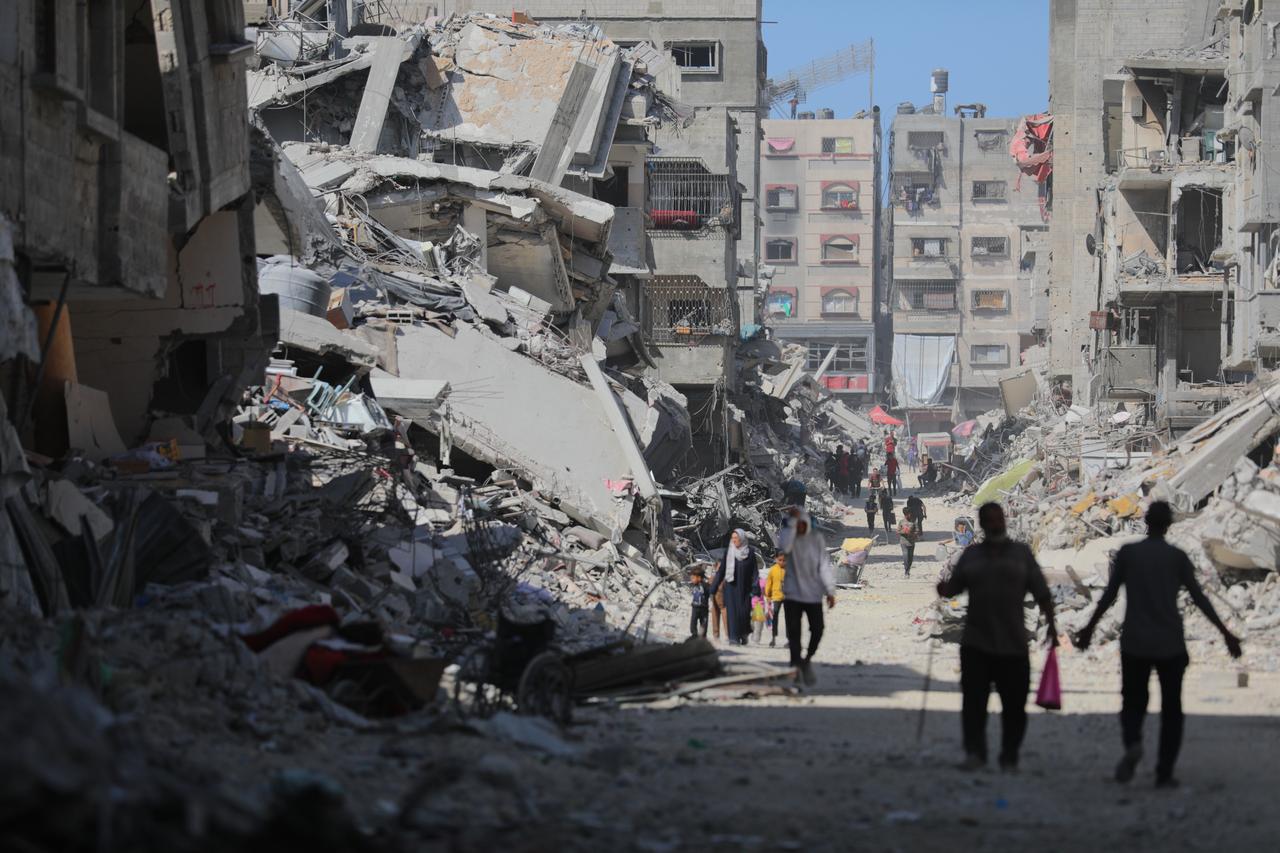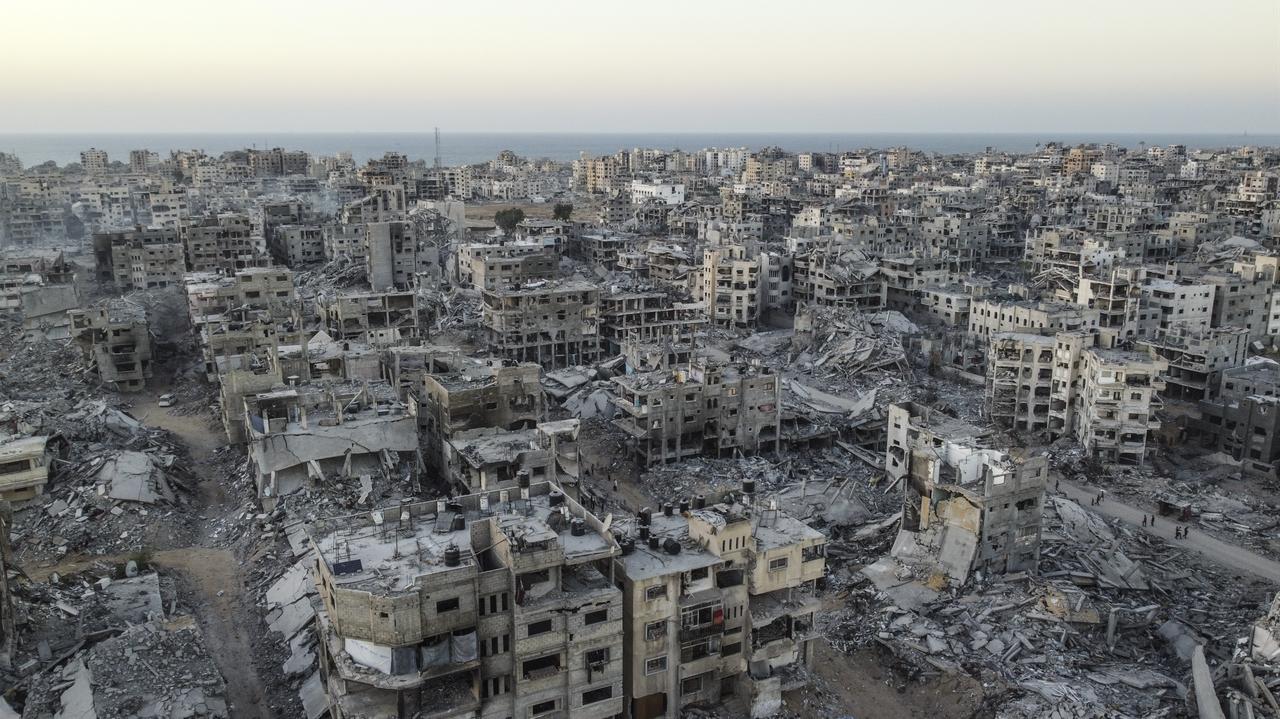
Hamas leader Khalil al-Hayya said Saturday that the group remains committed to handing over the remains of Israeli hostages under the ceasefire agreement and will not allow Israel to find an excuse to resume the war in the Gaza Strip.
“We will not give the (Israeli) occupation a pretext to resume the war, and we handed over 20 Israeli prisoners within 72 hours after the ceasefire,” Hayya told Al Jazeera in an interview late Saturday.
The first phase of the Gaza ceasefire took effect on Oct. 10 under U.S. President Donald Trump’s 20-point plan, which includes the release of Israeli hostages in exchange for Palestinian prisoners, the rebuilding of Gaza, and the establishment of a new governing mechanism without Hamas.
Since Oct. 13, Hamas has released 20 living Israeli hostages and returned the bodies of 16 others, leaving 12 still missing—most of them Israeli.
Hayya also said Hamas forces would search new areas in Gaza on Sunday to locate the remaining bodies.
Regarding Palestinian detainees in Israeli prisons, Hayya said efforts were ongoing to “end the suffering of all of them,” accusing Israel of withholding information about many detainees’ names and identities.
He also criticized the slow pace of humanitarian aid entering the enclave, saying, “Gaza needs 6,000 aid trucks a day, not just 600. The (Israeli) occupation is obstructing the entry of materials into Gaza as if we were still in the middle of a war.”

Hayya said he urged mediators to help ensure sufficient humanitarian access, adding that Hamas had “no objection to any national figure residing in Gaza to manage the Strip.” He said the group supports holding elections “as a prelude to restoring national unity.”
Hayya said he told U.S. Special Envoy for the Middle East Steve Witkoff and senior adviser Jared Kushner that Hamas is “a movement advocating stability” and that President Trump “is capable of restraining the Israeli occupation.”
He also confirmed Hamas’ support for allowing a U.N. body to oversee Gaza’s postwar reconstruction and a U.N.-led peacekeeping and monitoring mission to supervise the ceasefire’s implementation.
On the issue of disarmament, Hayya said Hamas’ weapons are tied to Israel’s continued occupation. “If the occupation ends, these weapons will be turned over to the state,” he said.
Meanwhile, Israeli Defense Minister Yisrael Katz said Saturday that he had instructed the army to continue demolitions in the portion of the Gaza Strip still under Israeli control as part of the ceasefire and prisoner exchange agreement.
“I have instructed the Israeli army to prioritize the destruction of the tunnels as the central task in the yellow zone currently under our control, alongside protecting the soldiers and communities,” Katz wrote on X.
He said the demolitions were being carried out alongside talks with U.S. officials—including the vice president, secretaries of state and defense and CENTCOM commanders—on implementing Trump’s Gaza plan and ensuring “the complete dismantling and destruction of all terror tunnels” and “the disarmament of Hamas.”
“Demilitarizing Gaza through the destruction of Hamas’ tunnels, alongside disarming Hamas, is the most important strategic objective for achieving victory,” he said, adding that “the most urgent moral mission is the return of all hostages and the fallen.”
The phased ceasefire agreement, mediated by regional and international actors, includes a partial Israeli withdrawal and rebuilding plans for Gaza.
Since October 2023, Israel’s war on Gaza has killed more than 68,500 people and injured over 170,300 others, according to the Gaza Health Ministry.